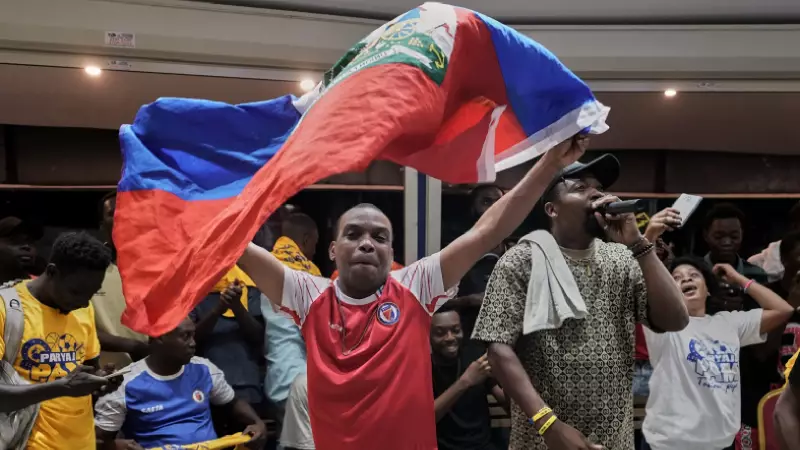
In a story of extraordinary triumph against all odds, the Haitian national football team has secured its place in the 2026 FIFA World Cup. This marks only the second time in the country's history that it will compete on football's grandest stage, the first being in 1974.
A Victory Forged from Afar
The path to qualification was paved with unique and challenging circumstances. Sebastien Migne, the head coach who masterminded Haiti's successful campaign, has never visited the nation since his appointment 18 months ago. The profound security crisis and the absence of functional international airports made it impossible for him to do so.
"It's impossible because it's too dangerous," Migne stated in an interview with France Football magazine. "I usually live in the countries where I work, but I can't here." Instead, the 52-year-old Frenchman, who was an assistant coach for Cameroon at the last World Cup, managed the team remotely from abroad, relying on information from officials within the Haitian football federation.
Overcoming a National Crisis
Haiti's qualification is a beacon of hope for a nation grappling with immense difficulties. Described as one of the world's least developed countries, Haiti has had no elected officials since 2023 and is plagued by gang violence that controls large parts of the capital, Port-au-Prince. Widespread travel advisories warn against visiting due to risks of kidnappings, terrorist activity, civil unrest, and limited healthcare.
These dire conditions forced the national team to play its official home matches nearly 500 miles away in Curacao, a safe haven off the coast of Venezuela. It was from this neutral ground that Haiti secured its historic ticket to the World Cup.
The Road to Qualification and Future Prospects
Haiti's decisive qualifying matches were a display of grit and skill. The team clinched a 1-0 victory against frequent World Cup participants Costa Rica on November 13, 2025, followed by a 2-0 win over Nicaragua on November 18, 2025. These victories ensured they will join other CONCACAF underdogs like Panama and Curacao at the 2026 tournament, co-hosted by the USA, Mexico, and Canada.
Looking ahead, Coach Migne is leveraging his extensive experience with African national teams to strengthen the squad. He is actively trying to recruit players of Haitian descent who are making their mark in top European leagues. Talents like Sunderland forward Wilson Isidor and Wolverhampton Wanderers midfielder Jean-Ricner Bellegarde, who are also eligible to play for France, are among his key targets to bolster the team's chances.
This qualification is more than just a sporting achievement; it is a powerful moment of national pride for Haiti, a country that last experienced the World Cup group stage 51 years ago, where it faced defeats against Italy, Argentina, and Poland.






